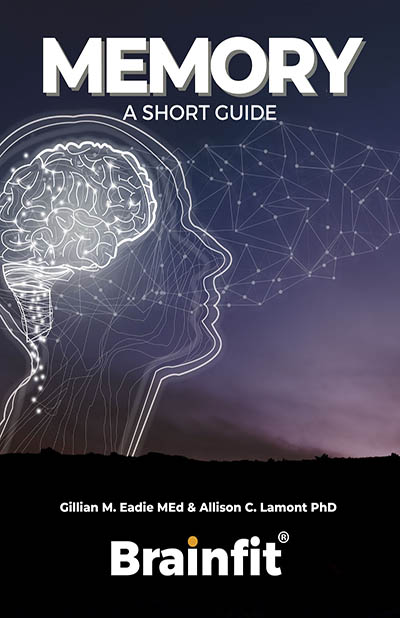“Many people don’t start worrying about their brain health until later in life, but this study provides more evidence that [lack of fitness] in midlife may have consequences for brain aging later on.”
Nicole L. Spartano, Ph.D of Boston University School of Medicine told the American Heart Association EPI/Lifestyle 2015 meeting.
Cognitive tests and MRI scans were given to 1,271 participants before exercise treadmill testing at average age 41 then later when their average age was 60, in 1999. Blood pressure and heart rate responses were also monitored as they are often much higher in individuals with low levels of fitness. Read the full study
“Small blood vessels in the brain are vulnerable to changes in blood pressure and can be damaged by these fluctuations,” Spartano said. “Vascular damage in the brain can contribute to structural changes in the brain and cognitive losses.”
The researchers found:
- People who had a lower fitness level or greater increase in blood pressure or heart rate a few minutes into the low-intensity treadmill test (2.5 miles an hour) had smaller brain tissue volume later in life.
- People who had a larger increase in blood pressure during low-intensity exercise also performed more poorly on a cognitive test for decision-making function later in life.
Promotion of mid-life physical fitness may be an important step towards ensuring healthy brain aging in the population.
“It will be interesting to follow up with these participants in another 10 years to determine how many developed dementia, and if that may be related to their fitness or exercise blood pressure or exercise heart rate in midlife,” Spartano said.




